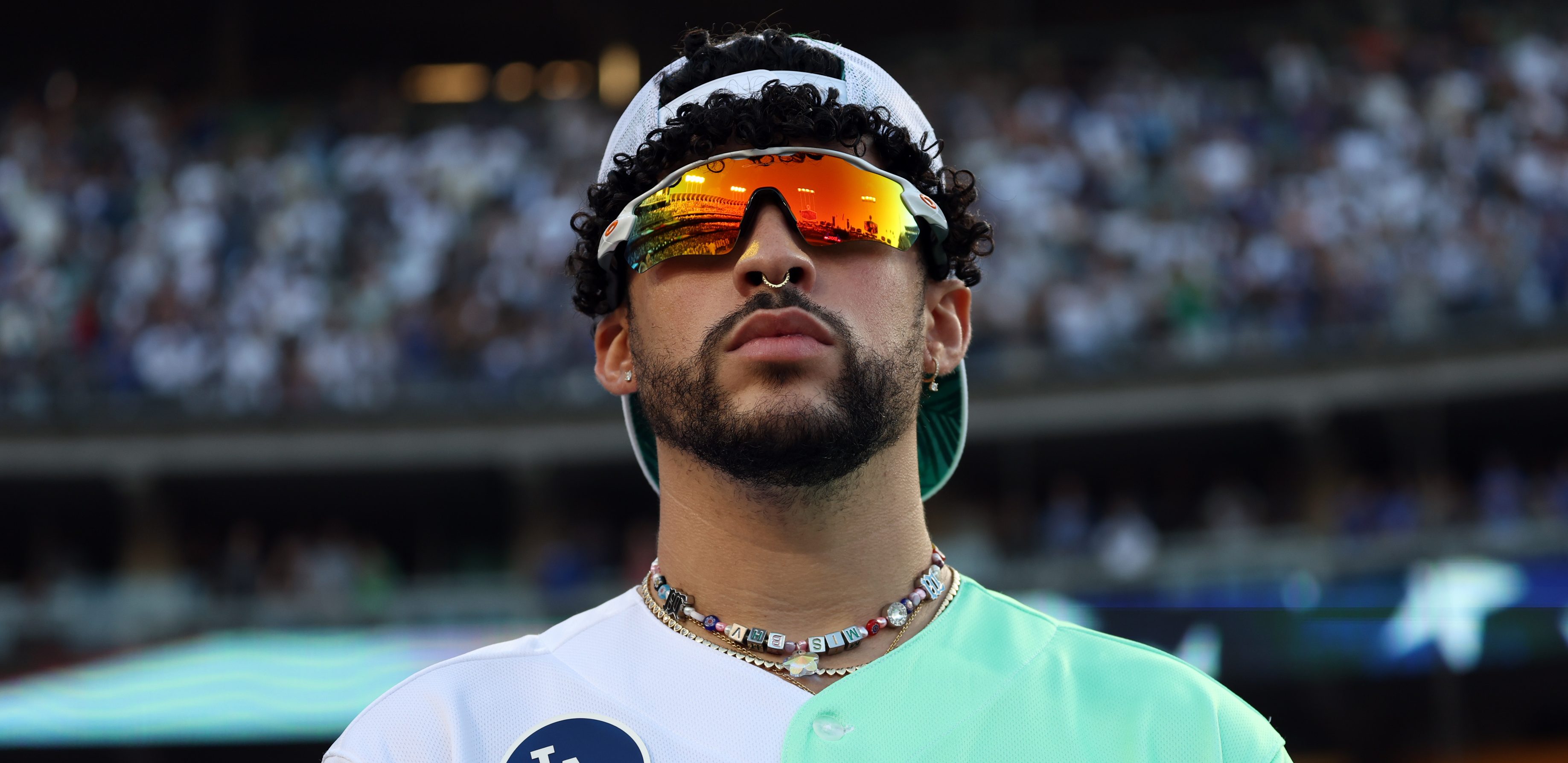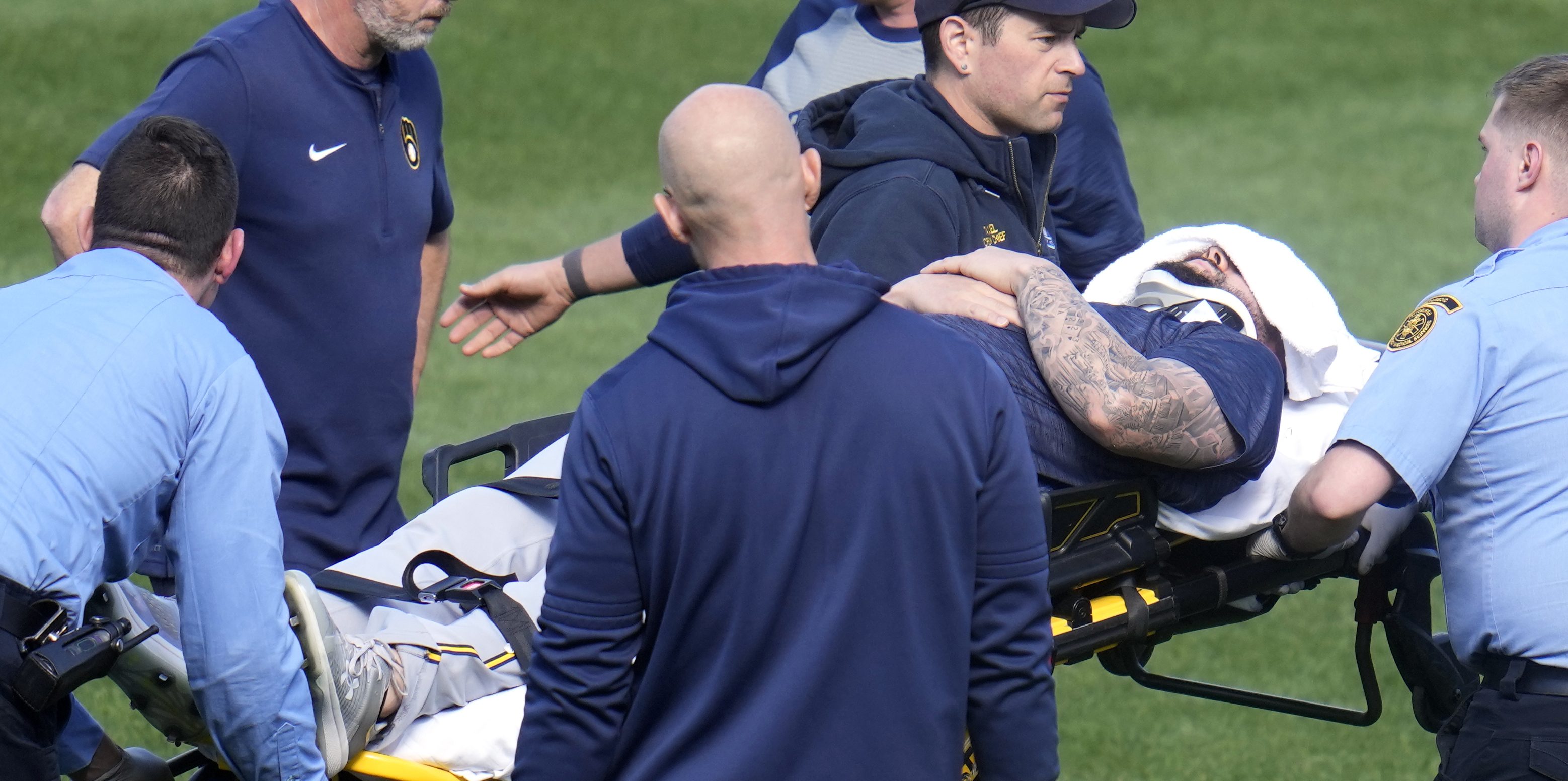ST. LOUIS — Effross might be gone. But Eff Contreras is alive and well as an ongoing subplot to the 2022 Cubs’ season.
Thought the Cubs left their “double birds” in San Francisco over the weekend?
Then you probably didn’t see what the Cubs did to their three-time All-Star catcher, Willson Contreras, at the trade deadline Tuesday.
By not trading him Tuesday after shopping him coast to coast for the last month, the Cubs kept him out of a pennant race, sent him back into a clubhouse for about two dozen hello-again hugs two days after the last of those goodbye hugs in San Francisco and this:
When the Cubs collar him with a qualifying offer this winter instead of that deadline trade, they’ll tie him to draft-pick compensation, which will soften his market as a free agent and cost him his best shot at his biggest career contract.
Cubs president Jed Hoyer wouldn’t directly answer a question Tuesday about whether he might reconsider trying to extend Contreras long-term. But sources confirmed what seemed obvious at the time: The Cubs chose the draft-pick compensation (and the bonus-pool allotment money that comes with it) as the value to cash in, instead of the lower-than-asked return in a would-be trade.
Contreras seemed to say he hadn’t thought that far ahead, or didn’t want to share his thoughts on it.
MLB
“One thing is for sure,” he said. “Tomorrow is another game. So I have to stay focused. That’s all I can say.”
Contreras and Ian Happ both expressed immediate relief at not being shipped out Tuesday — both having expressed repeatedly a desire to stay with the team long-term.
“I feel like there was a lot of weight off my shoulders,” said Contreras, who drove a ball to the wall in the first and tripled in the third inning during Tuesday night’s 6-0 loss to the Cardinals.
“Man, it’s a huge relief for me, and now I’m just focused on playing baseball.”
MORE: 'Lots of hugs' for Cubs' Ian Happ after deadline passes
Whether Happ gets that shot with extension talks before his final arbitration-eligible season starts next year, Contreras remains a short-term Cub unless Hoyer’s front office has a sudden reversal of thought on the subject.
“We talk about building the next great Cubs team, and we’re trying to do that on the backs of really good prospects,” Hoyer said as he explained to media why Contreras and Happ did not get traded. “And simply trading players to say you got prospects that you don’t believe in or you don’t find very talented, that doesn’t make anything great at all.
“We never found deals that exceeded the value of the players we had.”
If that’s an admission that the Cubs might have overplayed their hand by trying to assure some standing to claim they “won” the trade, that fits some of the national reports suggesting the Cubs’ asking prices remained high on both hitters even after Juan Soto’s availability more recently changed the landscape (in large part by eventually taking the aggressive Padres out of the marketplace for those bats).
If that’s what happened, it’s a shameful way to treat a player who played such a big role during arguably the most competitive run of baseball in franchise history, and who remains an All-Star catcher and strong presence in the clubhouse, especially for younger players.
In some ways, it’s a continuation of business-first, player-last practices with Contreras all season.
The club imposed its “file-and-trial” policy on him during the shortened spring training over an arbitration filing difference of $9 million vs. $10.25 million — taking him to the night before a scheduled June hearing before they settled and avoided a hearing.
Then came July and a month of twisting in trade rumors, a year after a nine-man selloff that included Anthony Rizzo, Javy Báez and Kris Bryant — suggesting to him and anyone else watching that he would be traded for sure.
So sure that during the final Cubs home game before the deadline last week, he was treated to multiple ovations from the Wrigley Field crowd during a tearful “final day at Wrigley as a Cub.”
Contreras said “I’m good” when it comes to Hoyer and any need to clear the air or otherwise discuss what happened.
“It’s over. I’m happy,” Contreras said. “Even if I got traded, I was going to be happy because it was over. But now it feels like it takes a lot of weight off my shoulders, [after a time when] you don’t know what’s going to happen.”
RELATED: Cubs' Hoyer feels for 'emotional toll' on Contreras, Happ
Had he been traded, he would have at least been assured of not being restricted in free agency by a qualifying offer (players who are traded during the season are ineligible for them).
Never mind having a chance to chase a pennant.
Maybe the Cubs’ asking price was more than fair all along. Maybe they didn’t overplay their hand. Maybe it was just business, nothing more or less. And nothing personal.
No matter what it costs Contreras in the short term or long run.
But this much seems sure: As an organization, the Cubs have no more standing to claim a family atmosphere with their players, that they’re any better than any other organization.
“They did what they’re supposed to do, to listen to offers,” Contreras said. “Like I’ve said before, this is a business. It’s not about feelings at all. It’s business.
“And I don’t have any hard feelings.”
That makes one party that handled the deadline with class.


